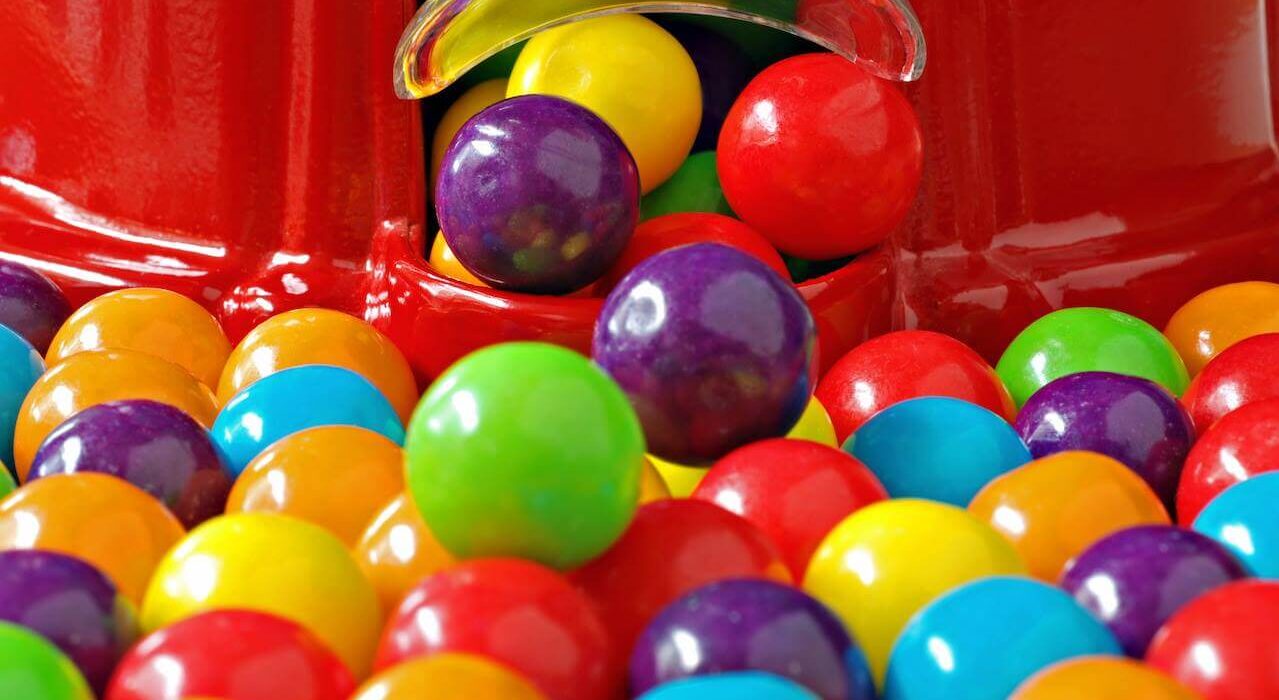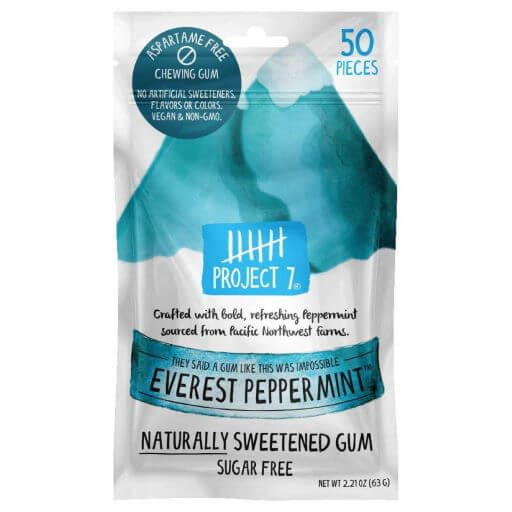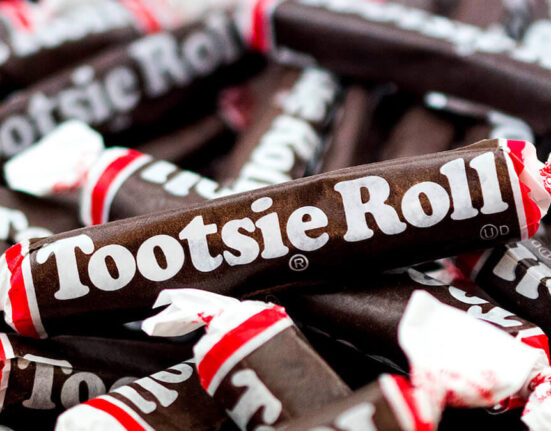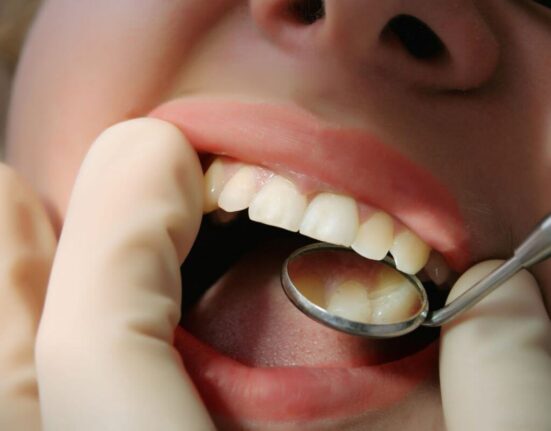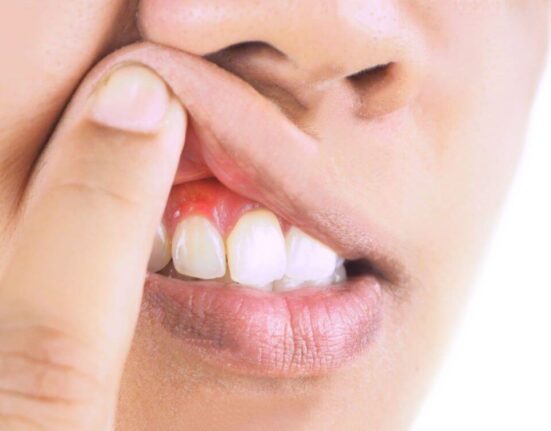We’ve all been there. You’re rummaging through your office drawer, purse or pockets and come across a pack of gum that you forgot was there. And then it hits you- how long has this gum been in here? Is it still good? Can I still chew on this?
The answer, unfortunately, is maybe. While gum doesn’t technically expire, the flavor and texture of gum can change over time, making it less than ideal to chew on. In fact, chewing on old gum can actually be pretty gross. But if you’re desperate for a piece of gum (or if you’re just curious), read on to find out everything you need to know about expired gum.
How Long Does Gum Last?
Gum is made from a variety of ingredients, including latex, sweeteners, flavorings, and colors. These ingredients all have different shelf lives, which is why most types of gum have a shelf life of about two years. However, the length of time that gum remains fresh depends on how it’s stored.
For example, if you store your gum in a place that’s too warm, the flavors will start to degrade more quickly. Likewise, if you store your gum in an airtight container, it will last longer than if you just left it out in the open. In general, though, you can expect most types of gum to last for about two years before the flavors start to change.
Does xanthan gum expire?
Yes, xanthan gum can expire. Like most things, it will eventually rot and go bad. However, it usually takes quite a while for that to happen, so as long as you keep it in a cool, dry place it should be fine.
To learn about the merits of using essential oil like peppermint to freshen your breath, our article here breaks it down:
Does Gum Lose Its Flavor Over Time?
Once gum starts to lose its flavor, it’s not necessarily unsafe to chew on—it just might not taste very good. If your piece of gum is starting to taste a little off, it’s probably because the flavor molecules have started to break down. This process usually starts happening after about 18 months, but as we mentioned before, it can happen sooner if the gum is stored in a warm place or isn’t sealed properly.
In addition to losing its flavor, old gum can also become hard and dry. This happens because the ingredients that make up chewing gum—namely latex and sweeteners—begin to evaporate over time. As these ingredients evaporate, the gum becomes harder and less flexible, making it unpleasant (and sometimes painful) to chew on.
Here is an example of a gum that is free of unwanted chemicals, and made with all natural and health enhancing ingredients. Gum like this comes with a hard shell will take longer to expire:
Project 7 Naturally Sugar Free Gum, Everest Peppermint
Why we love it:
- Long lasting, clean peppermint gum.
- Mint is grown in Washington and Oregon family farms
- Aspertame free
- Real food ingredients from American supplier farms
- Colored naturally with antioxidants spirulina and turmeric
- Nothing artificial
- Sweetened with xylitol
- Perfect for Keto, Whole 30 and other low carb diets
- Highly rated on Amazon
Is It Safe To Chew On Expired Gum?
Although most types of gum are safe to chew on even after they’ve expired, there are a few exceptions. For example, sugar-free gums that contain xylitol can cause vomiting and diarrhea in dogs if they eat even a small piece of gum containing xylitol. If you have pets at home and are concerned about them getting into your stash of old gum, it’s best to play it safe and throw it out.
In addition, some people may be allergic to latex or other ingredients used in chewing gum. If you start experiencing itchiness or swelling after chewing on old gum, stop using the product immediately and consult with a doctor or allergist to find out what’s causing your reactions.
Bottom line: unless you’re allergic to one of the ingredients used in chewing gum or have pets at home that could accidentally eat your old chewing gum, it’s generally safe to chew on expired Gum—even if the flavor isn’t quite as intense as it once was.
When does gum expire?
Gum expires in the sense that its flavor loses intensity as well as its freshness. The ingredients in gum may also become less effective over time. For example, the sugar may crystallize, making the gum harder and more difficult to chew. So it’s generally recommended that you discard gum after about 12 months.
Gum in Spanish
In Spanish, “gum” is called “chicle.” It comes from the Nahuatl word “tzictli.” Chicle was originally used as a natural rubber by the Maya and Aztecs.
Concluding Thoughts
In short, yes, chewing on old gum can be gross—but unless you’re allergic to one of the ingredients used in chewing gum, it’s generally safe to chew on expired gum—even if the flavor isn’t quite as intense as it once was.
The links used on thewellthieone.com are affiliate links, which may provide a small commission. This does not increase the price of the goods for the consumer whatsoever. What it does is ensure that useful content like this can continue to be produced. Thank-you for enjoying our content and allowing us to continue to provide more.

